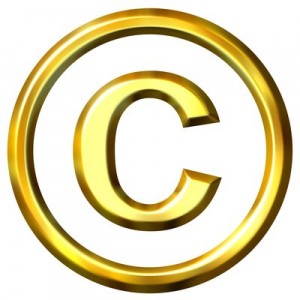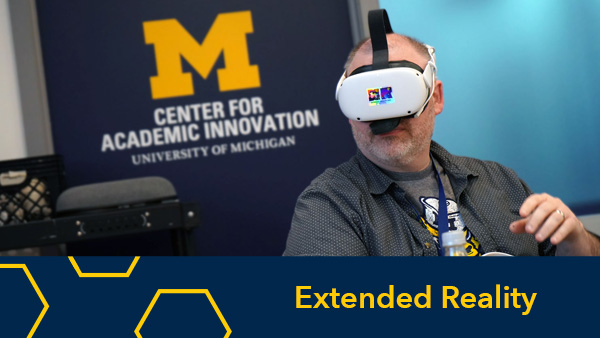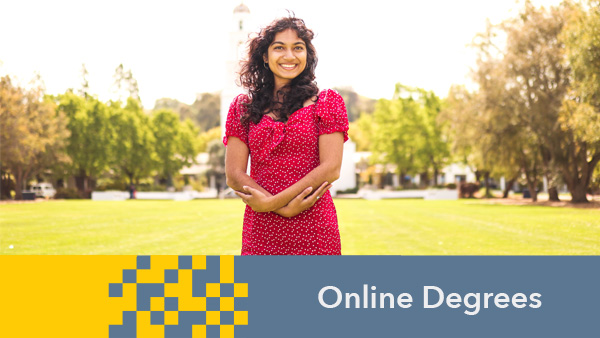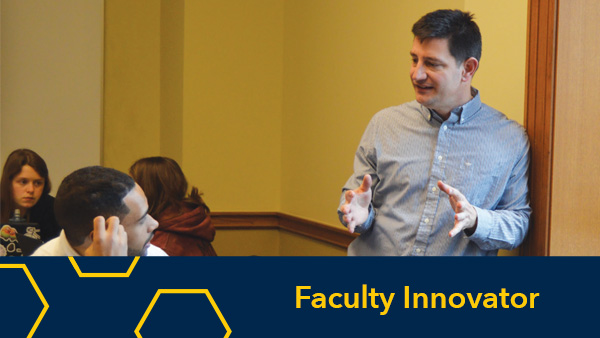Mike Daniel, Director, Policy and Operations for Digital Education & Innovation
@michaeldaniel_
 Faculty are presented with a myriad of challenges and opportunities when creating Massive Open Online Courses (MOOCs). These can range from pedagogical considerations like instructional and assessment design to technical considerations such as determining whether their video content will be recorded in a studio or out in the field. At a more basic level there are day-to-day logistical considerations. One area that can be particularly nuanced is deciding when and how to incorporate content (video, audio, visual or textual) into MOOCs.Incorporating relevant materials into a course is helpful and often necessary in order for faculty help students best achieve intended learning outcomes.
Faculty are presented with a myriad of challenges and opportunities when creating Massive Open Online Courses (MOOCs). These can range from pedagogical considerations like instructional and assessment design to technical considerations such as determining whether their video content will be recorded in a studio or out in the field. At a more basic level there are day-to-day logistical considerations. One area that can be particularly nuanced is deciding when and how to incorporate content (video, audio, visual or textual) into MOOCs.Incorporating relevant materials into a course is helpful and often necessary in order for faculty help students best achieve intended learning outcomes.
And while selecting the right materials is a major part of instruction, copyright law frequently informs content selection in digital course materials, making copyright an important consideration in online course design. Faculty often need help navigating copyright as they design and create their online courses. From a legal, financial, and reputational standpoint, it is important for educational institutions like the University of Michigan to develop a framework to assist faculty as they create MOOCs, one that enables reasonable, informed copyright-related decisions from the start.
The Office of Digital Education & Innovation (DEI) at the University of Michigan and the Copyright Office at the University of Michigan Library (UCO), recognized the need to work with faculty on the front end of designing their MOOCs to help navigate key issues related to copyright. IThus, DEI and UCO developed a copyright clearance process and a copyright guidance document as a starting point for faculty to think about copyright as they select course materials.
 The DEI Copyright Guide details this clearance process to help faculty to make initial determinations considering copyright. . This guide provides information that allows faculty to proactively consider key aspects of copyright (e.g. subject matter of copyright, copyright duration and public domain, licensing, including Creative Commons licenses, attribution, fair use, and notice and takedown) when designing, creating, and producing digital content for their MOOC. In addition to the Copyright Guide, DEI has plans to create a suite of video resources for faculty around copyright.
The DEI Copyright Guide details this clearance process to help faculty to make initial determinations considering copyright. . This guide provides information that allows faculty to proactively consider key aspects of copyright (e.g. subject matter of copyright, copyright duration and public domain, licensing, including Creative Commons licenses, attribution, fair use, and notice and takedown) when designing, creating, and producing digital content for their MOOC. In addition to the Copyright Guide, DEI has plans to create a suite of video resources for faculty around copyright.
While norms around MOOC course creation continue to evolve, we are working together to create practical, effective processes respectful of copyright while facilitating innovative course creation. Empowering faculty with knowledge in this area while supporting copyright awareness will result in more engaging and powerful U-M MOOCs, more robust pedagogical experimentation, and legal remixing and reuse of digital content across a variety of on-campus and online courses.


